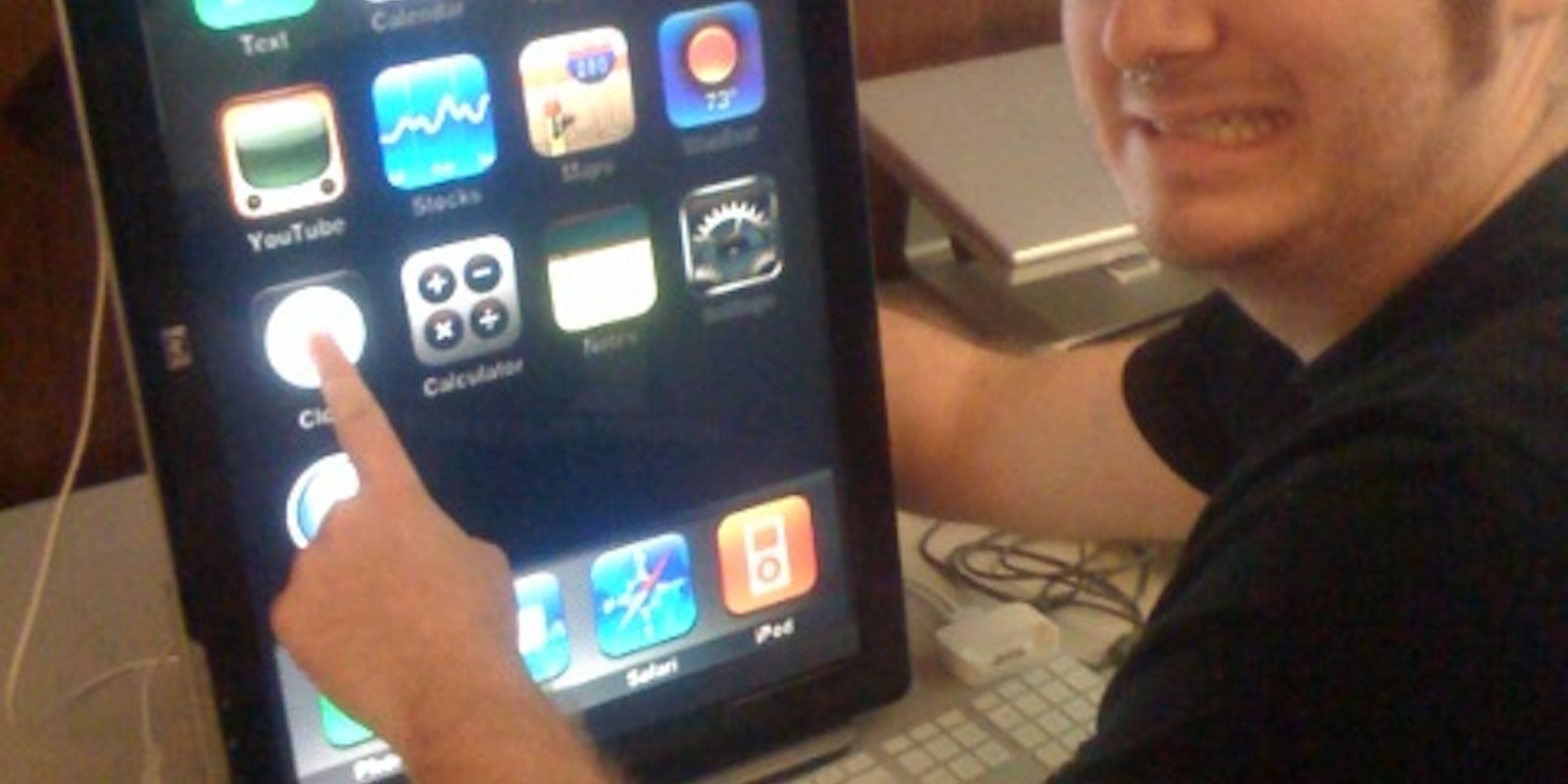Is Facebook snooping in on your text messages?
That’s the claim in a recent report from The Sunday Times in the U.K. But Facebook says those claims are rubbish.
According to the Times report, which is behind a paywall but summarized by Fox News here, Facebook has admitted to reading the text messages of users who downloaded its mobile app.
Mobile privacy has come under scrutiny again in recent months after social network Path admitted to uploading users’ address books without their permission. The company’s CEO quickly apologized. But Path had marketed itself as safer a social network, and the revelations only reinforced concerns about the safety of private data in a mobile world.
Facebook, certainly no stranger to such controversies, said that the Sunday Times report was “completely wrong.”
“There is no reading of user text messages,” a company representative told Business Insider in a statement. “The reason it is on there is because we have done some testing (not with the general public) of products that require the SMS part of the phone to talk to the Facebook.”
Those products require the ability to read and write the SMS software, the company admitted. But Facebook said this hardly means it’s sneaking a peak at your text messages.
“SMS can be used for carrier billing (where users opt to pay for things like apps through their phone bill),” the statement read. “ Again – that’s not to say we’re launching this. It’s just an example of why an app might use these permissions.”
Facebook isn’t trying to hide it, either. The company has clearly noted the new permissions in the Android Market, which is apparently how the Sunday Times discovered them.
Still, this latest controversy only emphasizes the fragility of privacy in a world where your social interactions are increasingly channeled through mobile apps. Be careful what you share.
Image by Mark Wilkie


